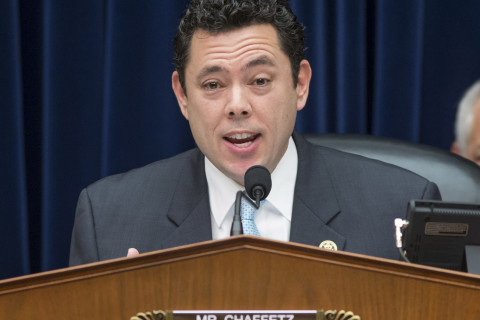WASHINGTON — Opposition arose last month in Congress to fight D.C.’s assisted suicide law, which was passed last fall by the council and signed into law by Mayor Muriel Bowser. But Congress has failed to vote to overturn the law.
Starting Saturday, doctors may begin writing prescriptions for death-inducing medicines to some terminally ill patients in the District.
The law allows terminally ill patients who don’t suffer from depression, over 18 years old, with six or fewer months to live to request lethal medication from their doctors.
While Congress has the authority to block laws enacted in the federal city, the drive to quash the assisted suicide law has failed, so far, to advance beyond a House committee.
“It’s absolutely important to the people of D.C. that they have this option available and it’s especially important to the people in D.C. who are terminally ill and who want options at the end of their life,” said Jessica Grennan, national director of political affairs and advocacy at Compassion and Choices, a nonprofit that helped pass the law.
Critics of the law fear that elderly, disabled or poor patients could be persuaded to prematurely end their lives.
“We are profoundly sad that the D.C. government chose to pursue assisted suicide legislation. The archdiocese will continue to uphold the sanctity of life in all stages and continue to advocate for life so that the most vulnerable in our community will receive the appropriate care they deserve,” said the Archdiocese of Washington in a statement.
Colorado became the sixth state last year to allow medically-assisted death, joining Oregon, Washington, California, Vermont and Montana.
“In the almost 20 years of evidence in Oregon, there has not been one case of abuse,” said Grennan.
While Congress has failed to act against the law by the close of a 30-day window of congressional review, the law’s supporters don’t expect an end to congressional challenges.
“There’s been threats on a potential ban across the country,” said Grennan.








